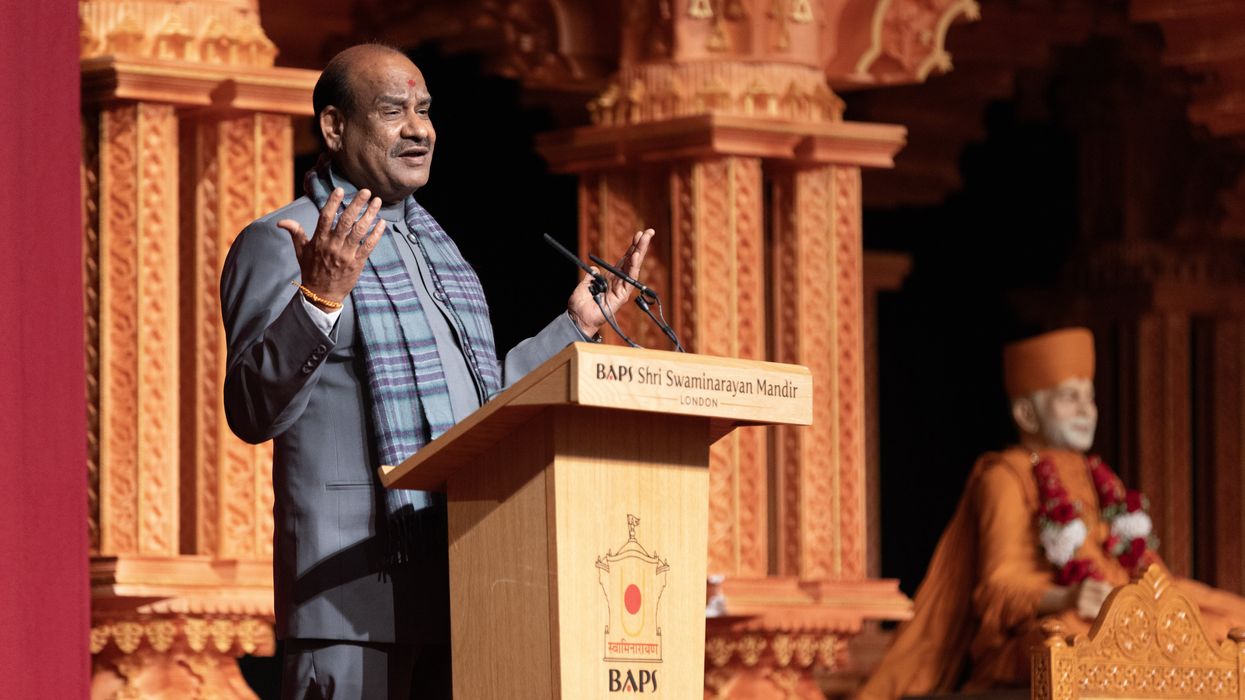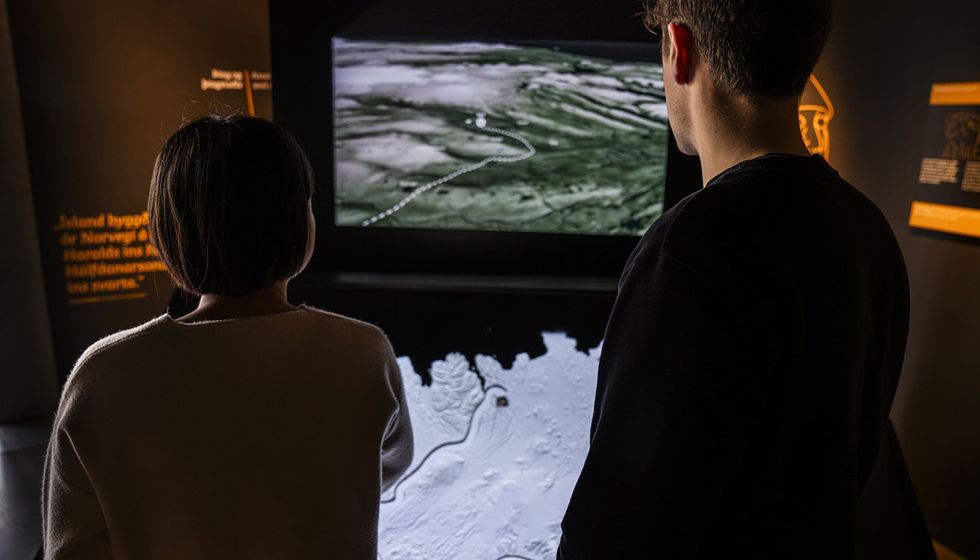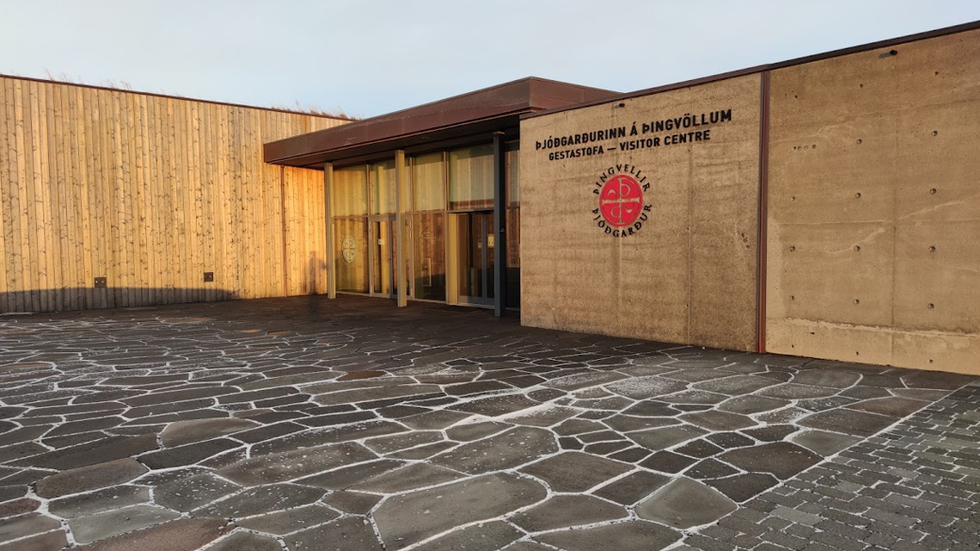Virus-stricken prime minister Boris Johnson admitted on Sunday (12) he owed his medical team his "life" as Britain braced to pass the grim milestone of 10,000 hospital deaths from COVID-19
The country is now seeing death tolls to match Europe's hardest-hit nations Italy and Spain after recording nearly 1,000 daily fatalities in each of the last two days.
The actual figure, amid hopes of hitting a peak, may be far higher as the count does not include those who have died in care homes and the community.
Britain's tally of confirmed cases has climbed close to 80,000, but that is thought to be only a snapshot of the true level of infections due to limited testing for the virus.
Johnson, who spent three days in intensive care this week after contracting COVID-19, praised staff treating him in a state-run hospital.
"I can't thank them enough. I owe them my life," he said, in a first public statement since being moved out of intensive care at London's St Thomas' Hospital on Thursday.
The 55-year-old leader has since been making "very good progress" in his recovery and able to take short walks between periods of rest, according to Downing Street.
However, it remains unclear when he might be discharged from hospital and how quickly he would return to work once out.
Foreign secretary Dominic Raab has been deputising for Johnson.
The prime minister's spokesman has stressed that his recovery is "at an early stage" and he would act only "on the advice of his medical team".
- 'Not overcome us' -
It is also uncertain when Britain might be able to lift stringent social distancing measures rolled out on March 23.
Implemented for an initial three weeks, the lockdown is set for a formal review next week and likely to remain in place until at least the end of the month.
The Queen urged Britons to keep staying home, in what is believed to be her first pre-recorded Easter address, released by Buckingham Palace on Saturday evening.
"By keeping apart we keep others safe," the 93-year-old monarch said. "We know that coronavirus will not overcome us."
Her resolute comments came a week after a rare televised address to the nation in which she told people to unite to beat COVID-19.
Meanwhile, the government has been forced to defend its rollout of personal protective equipment (PPE) for medical staff during the pandemic.
"We are making sure we get the equipment to the front line," business secretary Alok Sharma said on Sunday, noting there was a "squeeze on supply" amid "huge global demand for PPE".
Health secretary Matt Hancock confirmed Saturday that 19 NHS staff had died from COVID-19.
But he said a lack of PPE had not been blamed for any of the cases.
However, a senior doctor who has since died pleaded last month on social media with Johnson for better protection against the disease.
Meanwhile, there is reportedly growing evidence it is having a disproportionate impact on people from minority backgrounds, who make up a large proportion of the NHS workforce.
Research suggests that more than a third of critically ill coronavirus patients in British hospitals are black, Asian or from another ethnic minority, according to the BBC.





















